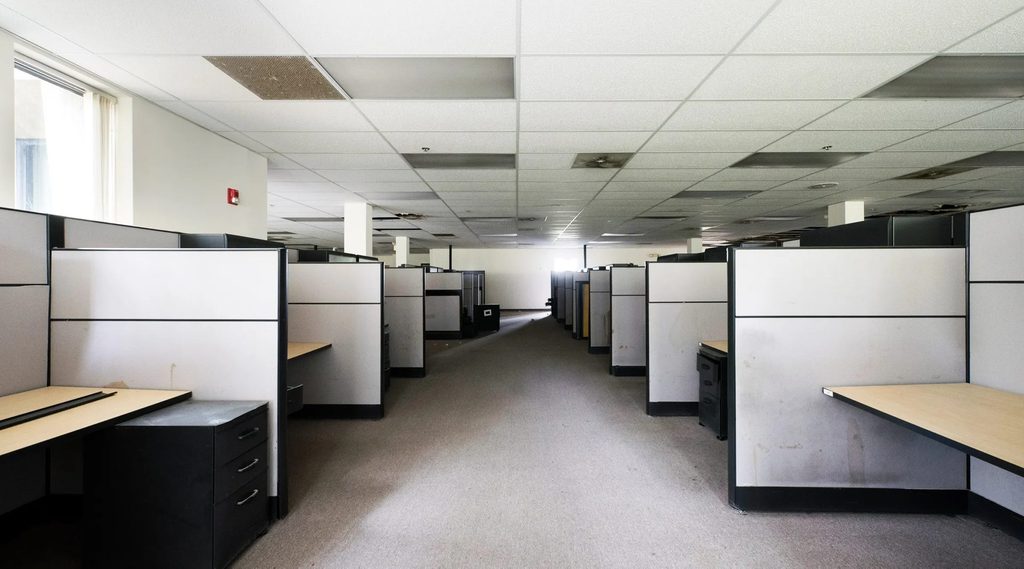Brussels' office investment market has experienced a particularly sluggish first half of the year, causing concern of economic downturn.
Between a weak economy, rising interest rates, and strict building guidelines around sustainability and energy efficiency, many players in the sector, ranging from tenants, investors, and developers, are grappling with these challenges.
According to L'echo, investments are currenty at an all-time low.
Bleak but not hopeless
The market witnessed a record low of 277 million euros changing hands in transactions involving office buildings in the first six months of 2023.
According to Grégoire de Montpellier from BNP Paribas Real Estate, sellers and buyers are yet to align their expectations in this volatile market scenario. The swift rise in rates has significantly disrupted the market, eroding the value of buildings.
Related News
- 'Renewed weakness': New study raises fears of continued eurozone recession
- Living costs in Belgium rose twice as fast as wages last year
However, de Montpellier believes there are some signs of hope. "The money is there, but there is no agreement yet on the valuation of the buildings," he said. At this point, the market seems to be dominated by smaller players like family offices or developers.
2023 hasn't been officially declared as a failure for the market yet. A potential turning point could be Belgium's initiative to transform the European quarter, which will see over 300,000 m² of the European Commission's obsolete offices transferred to the Belgian state for nearly a billion euros. During the pandemic, the European Commission announced it will close half of its office spaces in Brussels.
With this in play, de Montpellier suggests a year-end investment level between 1.5 billion and 2 billion euros, possibly saving 2023 from being a black year.
Workplace evolution in the post-Covid era
Estimating valuations are currently at the center of debate between buyers and sellers. Given the multitude of variables, it is challenging to precisely predict the decline in value. Still, estimates point towards a reduction ranging from 15% to 20%. Rentals, on the other hand, are somewhat stable, for now. These may however be artifically inflated by long term public sector infrastructure leases.
The office market's future is not just dictated by economic factors. It is also profoundly affected by shifts in work culture following the pandemic. Companies are now reevaluating their office space needs, considering the increasing prevalence of remote working arrangements. This sense of uncertainty, along with economic challenges, adds to the reluctance to invest heavily in office spaces.
The availability of high-quality office spaces has also become a concern, with a low vacancy rate for buildings less than 5 years old. Rents, especially in premium service buildings, are on the rise. Businesses, developers, and investors alike are grappling with these changes, trying to find their footing in the shifting landscape.
Despite the current challenges, the rest of the year may well present a turnaround for the 2023 office market, straddling the line between a financial safe haven and a reflection of the current business climate.

